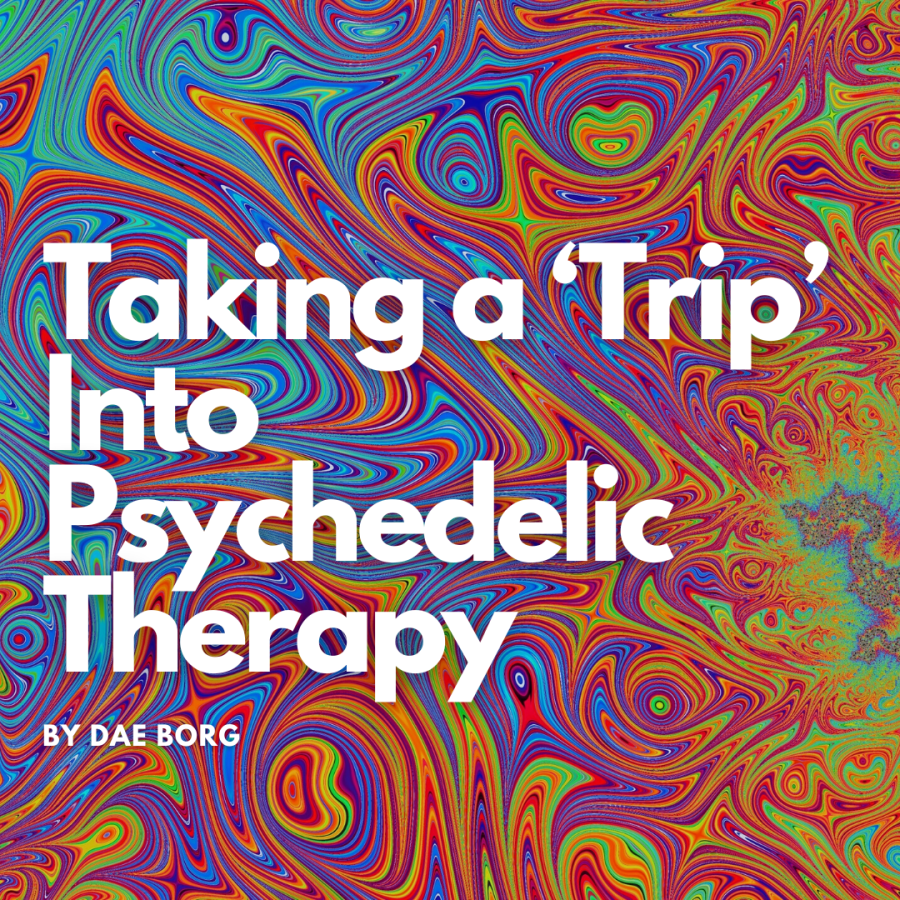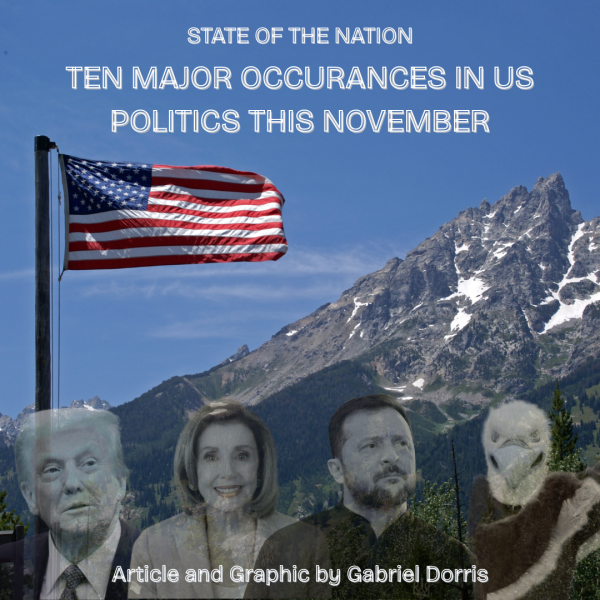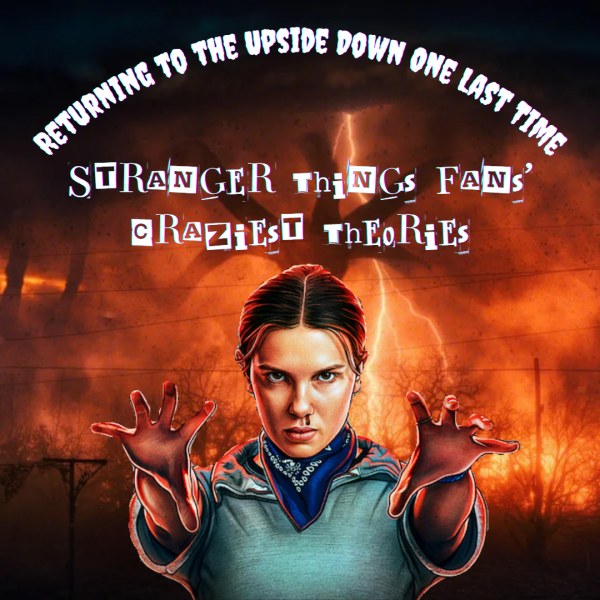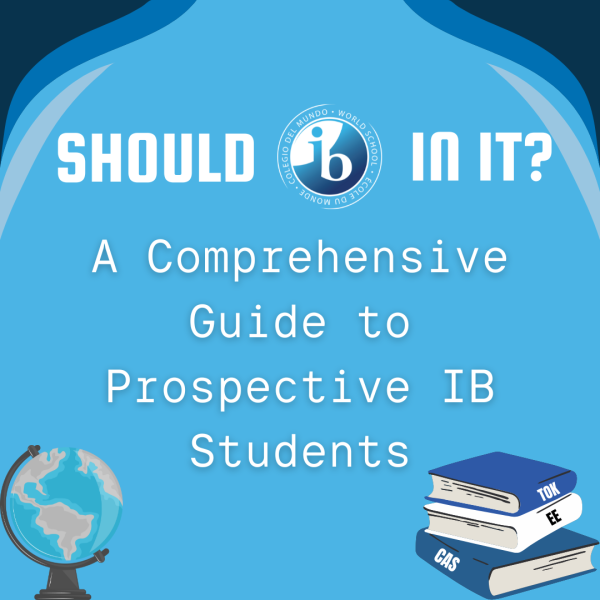Taking a ‘Trip’ Into Psychedelic Therapy
When most people hear the word “psychedelics,” they usually think about the usage of drugs for enjoyment purposes or for an escape from reality, but as of recently, scientists have been using these hallucinogenic drugs as a form of therapy to aid in mental health. Psychedelic therapy is a growing treatment process for several mental health diagnoses, such as post-traumatic stress disorder (PTSD) or depression. Although this form of treatment is relatively new, recently developed studies suggest that psychedelic drugs could be very beneficial to individuals who experience symptoms of mental health disorders.
Although most hallucinogenic drugs remain illegal and the federal government doesn’t acknowledge the medical use of these drugs, numerous universities are partnering with non-profit organizations and government agencies to study psychedelic medicine. The four main substances they are using for research include: LSD, MDMA, ketamine, and psilocybin. There is new evidence that hallucinogenic drugs have different effects on the brain than addictive drugs and it has been found that the improvement process acts much faster than traditional medications and treatments for mental health. Many studies are showing that there is almost immediate improvement after taking only a single dose, rather than the several week process for traditional medications.
There is more research to be done on psychedelic therapy, as much is still unknown about the drugs and their effects; moreover, people react differently to the variety of substances, which makes it hard to predict particularly how it will affect individuals. Psychedelic therapy is less known and experimental; therefore, people are usually only able to access this form of treatment through clinical trials.
There are several risks to psychedelic therapy, as hallucinogenic drugs induce a powerful alteration in the user’s consciousness, and these experiences can either go extremely well, or extremely poorly. This experience is known as a “trip,” where the user experiences hallucinations that often go hand in hand with the user’s mental state at the time of consumption. This means that the user could potentially experience fear or psychosis if they hallucinate things that cause them to believe they are dying, or other things that terrify them. This high can last for hours and could potentially be traumatizing if it is a negative experience.
However, despite these risks, most research has found that there are very few negative reactions to psychedelic therapy. The studies surrounding psychedelic therapy have shown that the use of these drugs with professional guidance could ease symptoms of depression and anxiety, as well as terminal illnesses regarding mental health. Participants in these studies experienced spiritualistic hallucinations, which gave them a sense of awareness, and as a result, mediated their levels of anxiety from before they took the drugs.
To avoid experiencing a “bad trip,” scientists have recommended microdosing smaller amounts of the drugs at regular intervals; furthermore, by taking smaller doses, some people may not experience the high from the drugs, but still gain the mental benefits. However, it is also suggested that the benefits are due to the placebo effect, as researchers found that placebos worked just as well as the drugs.
Many people have started to use these drugs without guidance from a professional, which is extremely risky and could potentially do more damage to their health. Many of the benefits remain theoretical due to not having enough consistent evidence of the effects of psychedelic drugs, and psychedelic therapy as a whole. Again, psychedelic therapy is experimental and not something someone could receive in a doctors office as of now; however, as more research is emerging, psychedelic therapy could become more accessible and could possibly be a successful treatment for mental health.
Your donation will support the student journalists of Enloe Magnet High School, allowing us to cover our annual website costs. We are extremely grateful for any contribution, big or small!

(She/her)
Dae Borg is a senior who has a love for the Earth, wildlife, the arts, and meeting new people. She enjoys writing about global environmental...










